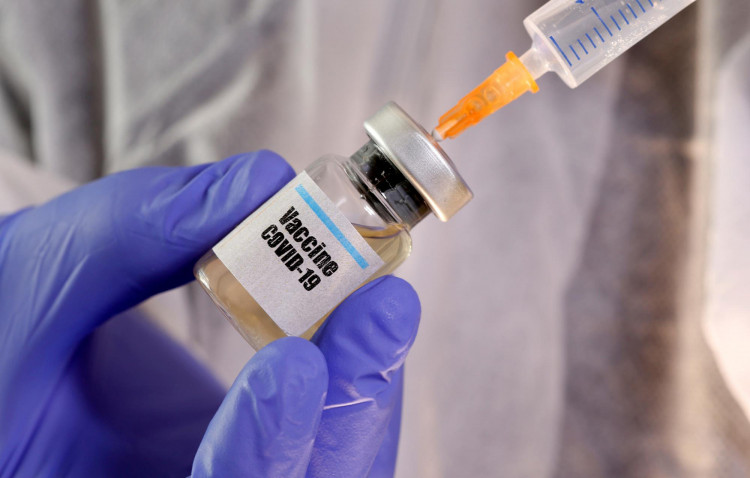A "game-changing" vaccine for COVID-19 could reduce the possibility of serious illness from developing by 80 percent, a new study has found.
Tests using an inhaled protein, commonly used to treat multiple sclerosis, found that patients who were administered with the drug – known as SNG001 – were over twice as likely to recover during the medication period compared with those given a placebo.
The treatment, which is inhaled directly into the lungs using a nebulizer, has been manufactured by the biotech group Synairgen. In a randomized test of 100 subjects admitted to hospital with COVID-19, confinements were cut by one-third. The company conducted the small, double-blind tests on hospitalized COVID-19 patients in nine British hospitals.
The treatment uses a protein called interferon beta, which the human body generates when it gets a viral infection. Synairgen chief executive officer Richard Marsden disclosed that they could not have anticipated a much better result than the one they just had.
The results released on Monday have yet to be peer-reviewed and the sample size is relatively small. But if confirmed the treatment could revolutionize the way the novel coronavirus is dealt with in medical facilities.
According to University of Southampton professor of respiratory medicine Tom Wilkinson, the results confirm their belief that interferon-beta "has huge potential as an inhaled drug to be able to restore the lung's immune response," Patrick Galey of AFP wrote, as published on Yahoo News.
Although the study was relatively small and missed some endpoints, Synairgen claimed the results could signal a "major breakthrough." If validated, that would also herald a serious confirmation for a vaccine that AstraZeneca once licensed but later on abandoned as an asthma treatment.
Stephen Holgate, Synairgen co-founder and immunopharmacology professor at the University of Southampton, said the treatment restores the lungs' ability to neutralize the virus, or any of its mutation or co-infection with another respiratory disease like influenza or RSV, as could be encountered in the winter if there's a resurgence of COVID-19.
Synairgen is conducting further evaluations and it has previously disclosed a focal trial would be required. Marsden said they are now collaborating with regulators and other medical groups to progress this potential treatment as rapidly as possible.
Still, in the midst of an ongoing global health crisis caused by a virus with no known cure, the results were promising. If the finding is borne out, it may represent one of the most important breakthroughs to date in fighting COVID-19, virologists said.
Meanwhile, shares of Synairgen rocketed 420 percent after the news, reaching 190 GBX on the London Stock Exchange at the close of trade on Monday.






